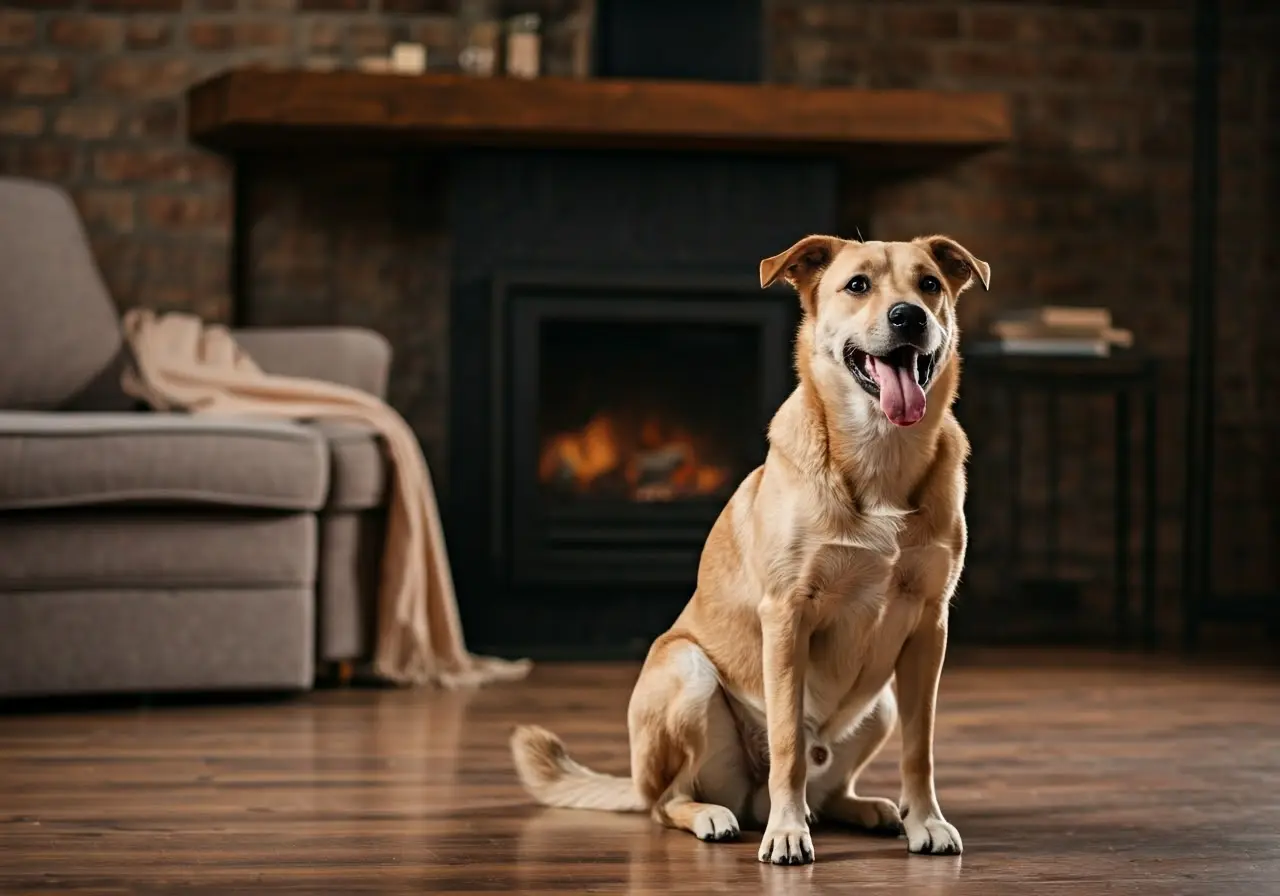Is your furry friend displaying some concerning behaviors that you’d like to address? Transforming your dog’s behavior might be easier than you think with the help of a free dog consultation. In this blog, we’ll explore how these consultations can provide valuable insights and strategies to improve your pet’s behavior. Let’s dive in!
Understanding Your Dog’s Behavior Patterns
Before you can address any behavior issues, it’s important to first understand what might be causing them. Dogs can display a wide range of behaviors, and some might be the result of underlying problems such as stress, fear, or a lack of proper training.
If you’ve noticed unusual behavior in your dog, it could be due to a variety of triggers such as changes in their environment or even underlying medical conditions. For instance, dogs might bark excessively if they feel anxious or bored. Understanding your dog’s triggers and learning why they act a certain way is crucial. This insight not only helps in addressing the behavior but also strengthens your understanding of your pet’s emotional and physical needs.
It’s fascinating how dogs communicate their needs and emotions through actions. Behavioral patterns like chewing, digging, or whining are not just random actions; they’re attempts to express something. Behavior assessments provide a comprehensive look at your dog’s actions and equip you with the knowledge to interpret these seemingly quirky behaviors. By identifying the ‘why’ behind your dog’s actions, you can work towards creating a nurturing environment where they feel safe and understood.
The Benefits of a Free Dog Consultation
A free dog consultation offers a fantastic opportunity to gain professional insight into your pet’s behavior without any initial commitment. Experienced trainers can provide you with tailored advice, helping you understand your dog’s unique needs and the best ways to address them.
Free dog consultations are more than just an introduction to professional guidance. They serve as a valuable first step toward solving behavioral issues. These consultations provide you with an expert’s perspective, offering insights into specific problems your dog might be facing. Whether it’s a matter of excessive barking, social anxiety, or aggression, getting professional advice can be incredibly enlightening. Through these sessions, you get a glimpse of the behavioral triggers and some quick, actionable strategies to implement at home.
The benefits of a free dog consultation extend beyond immediate behavioral advice. It’s an educational experience for pet owners, too. Learning about dog psychology and the common causes of disruptive behaviors can enhance your role as a caregiver. With guidance from a consultation, you can explore new techniques and strategies to maintain your dog’s well-being. Plus, these sessions can help demystify any myths or incorrect assumptions you might have about dog behavior, thus strengthening your ability to be a more informed pet parent.
What to Expect During the Consultation
During a free dog consultation, you can expect the trainer to ask questions about your dog’s habits, routines, and any specific issues you are facing. They may observe your dog’s behavior and offer immediate strategies to implement at home.
The consultation process is methodical and interactive. Trainers are keen on understanding every detail about your pet’s daily life. Questions might revolve around your dog’s dietary habits, their response to visitors, or how they behave during walks. These insights allow trainers to pinpoint the root of behavioral issues effectively. Effective communication between you and the trainer is crucial, as it sets the stage for a successful intervention plan. You might also witness demonstrations of training techniques that you can practice with your pet at home. It’s a hands-on learning experience that empowers you to take proactive steps in addressing your dog’s behaviors.
Apart from observing your dog, trainers may also conduct brief assessments to gauge their temperament and responses. These assessments are not about evaluating whether your dog passes or fails but are instead about understanding their behavior more deeply. You’ll walk away from the consultation with not only insights but also a range of options tailored to your dog’s unique needs. This could include specific exercises, adjustments to their routine, or even dietary changes—a holistic approach that addresses various aspects of your pet’s life.
Practical Tips for Implementing Behavior Changes
Once you have completed your consultation, it’s time to put the advice into practice. Consistency, patience, and positive reinforcement are key components in helping your dog adapt to new behaviors. Small, everyday changes in your routines can make a significant difference.
Making behavior changes stick requires commitment, but it’s rewarding. Start by incorporating the trainer’s suggestions into your daily routine gradually. Remember, dogs thrive on consistency; thus, maintaining a steady pattern in enforcing new rules ensures they understand what’s expected of them. For example, if you’ve been advised to use a specific command for a particular action, ensure that everyone in your household uses the same command uniformly. Patience is paramount—expecting instant changes can be unrealistic. Celebrate small victories and use positive reinforcement like treats or verbal praise to encourage desired behaviors.
Creating an environment conducive to behavior changes can significantly impact success rates. Consider rearranging spaces to minimize triggers that might provoke undesirable behaviors. Providing your pet with sufficient mental and physical stimulation is another vital strategy. Dogs often misbehave out of boredom or lack of activity, so engaging them with toys, puzzles, and regular exercise can curb unwanted behaviors. Each small step you take reinforces the positive changes in your dog’s behavior, transforming them into habits over time.
Building a Stronger Bond with Your Pet
Improving your dog’s behavior isn’t just about correction; it’s also about strengthening your bond. By working together with your pet, you can build trust and understanding, creating a more fulfilling relationship for both you and your furry friend.
Building a stronger bond with your dog goes hand in hand with addressing their behavior. As you work on behavioral corrections, the process naturally enhances your connection. As your dog learns to trust and rely on you for guidance, you become their go-to person for support and assurance. Training exercises become more than just teaching sessions; they turn into interactive bonding times where you and your pet communicate and understand each other better. Such interactions strengthen the partnership you share, turning every activity into an opportunity for mutual growth.
Incorporate cooperative activities into your routine, like agility exercises or scent games, to deepen the connection. These activities not only boost a dog’s mental alertness but also nurture the emotional bond. Consistent interaction, attention, and affection build a sense of security for your pet, making training sessions more productive. Every success achieved in behavior change translates to a stronger bond, filled with trust and love, fortifying the lifelong companionship you both cherish.
Embrace Positive Change with Free Dog Consultations
A free dog consultation can be a pivotal step in enhancing your dog’s behavior and overall well-being. By understanding the root causes of behavioral issues and implementing expert strategies, you can create a more harmonious relationship with your furry companion. Don’t hesitate to reach out and take advantage of these insightful consultations today.


